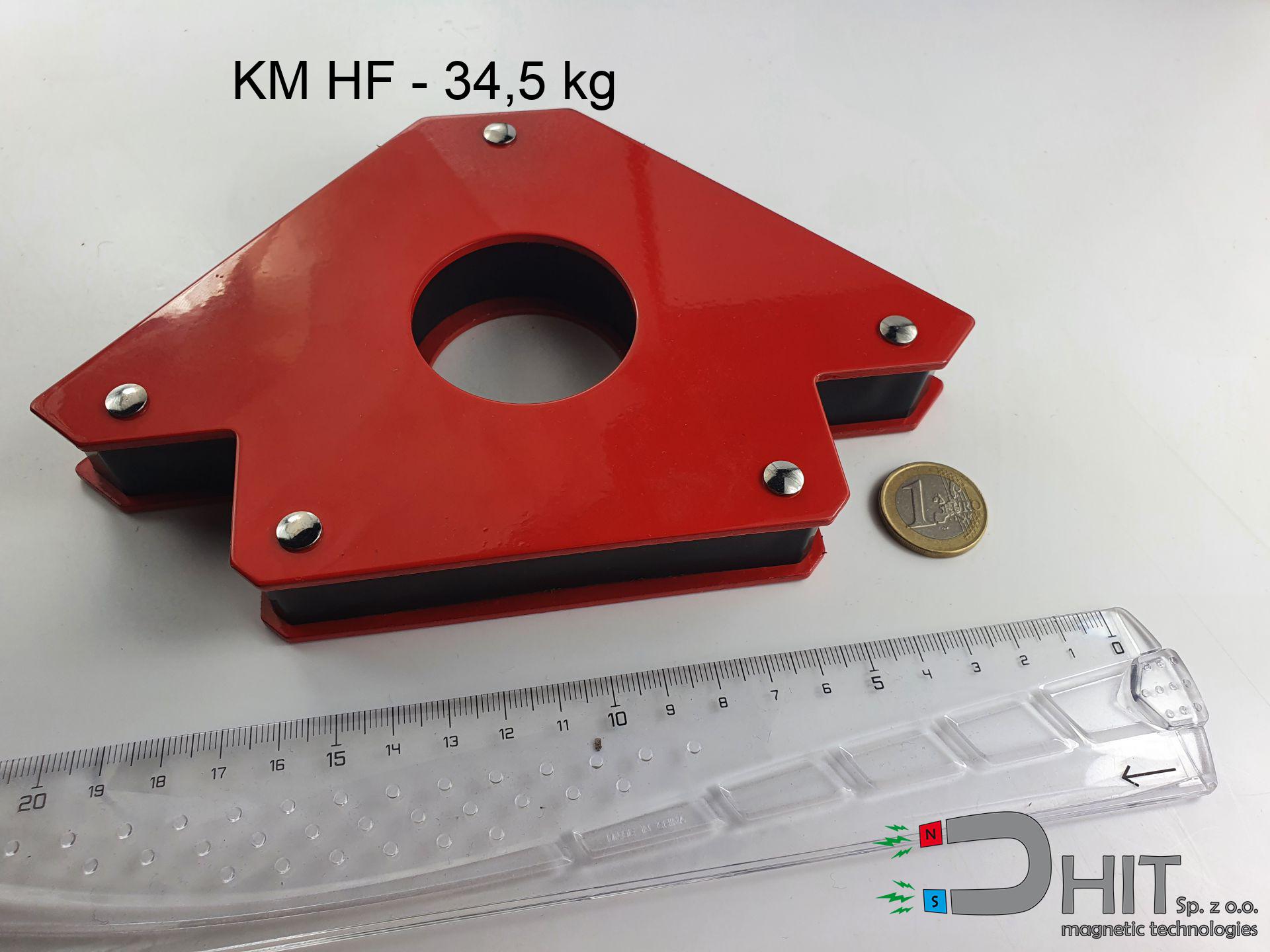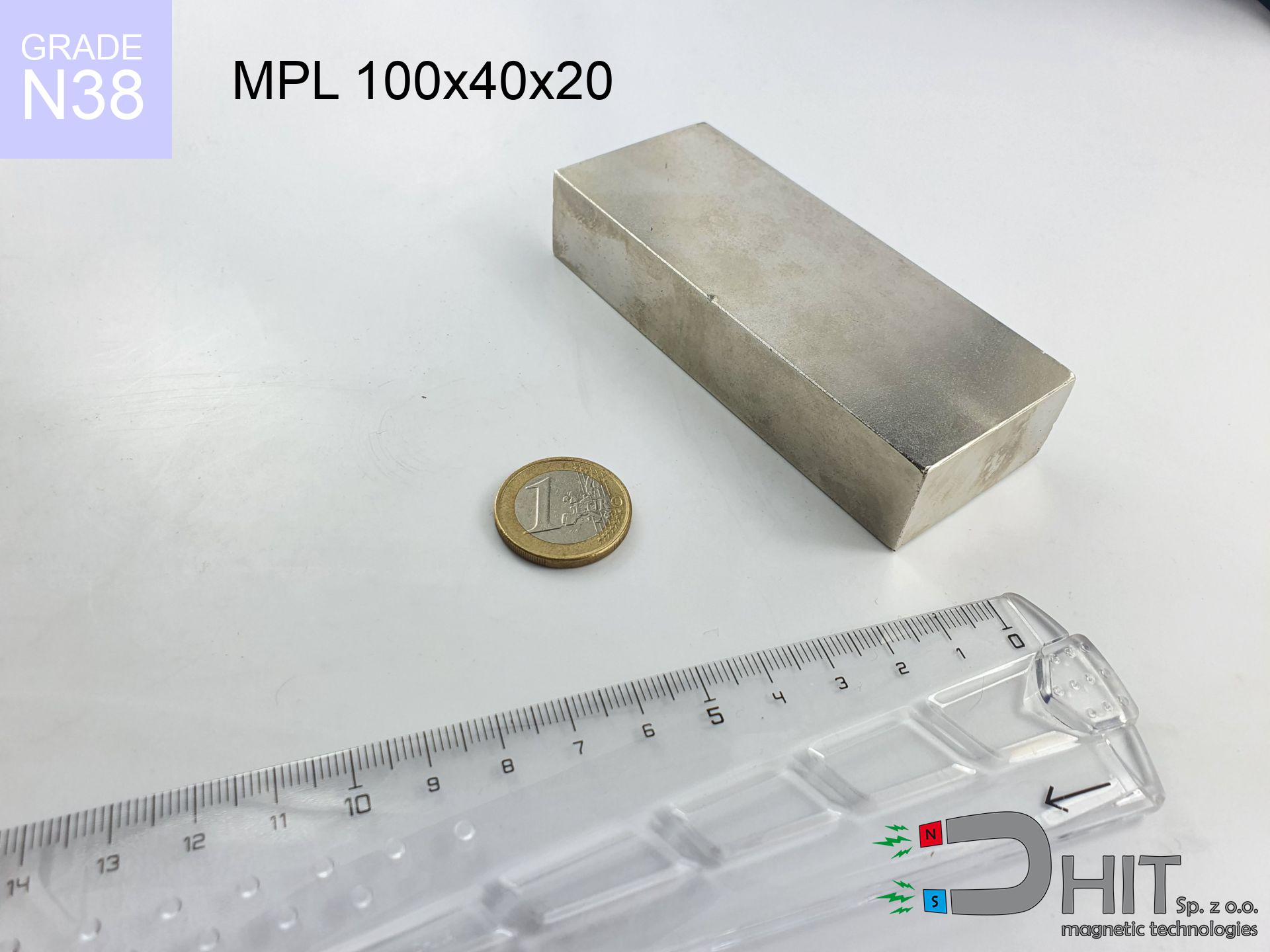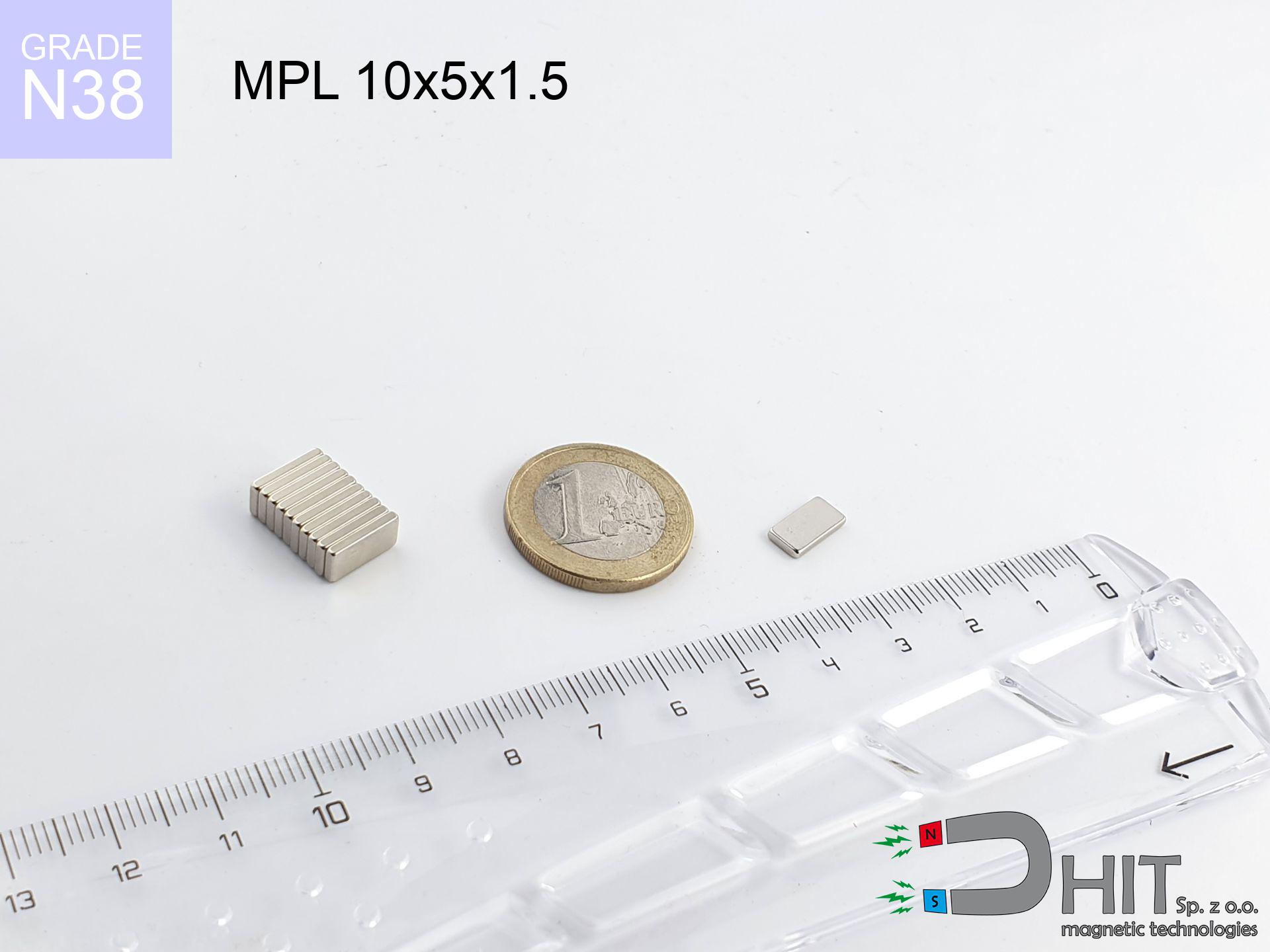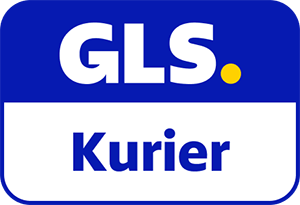KM HF - 34,5 kg - magnetic bracket
magnetic bracket
Catalog no 170258
GTIN/EAN: 5906301813705
Weight
1040 g
Load capacity
34.50 kg / 338.33 N
34.44 ZŁ with VAT / pcs + price for transport
28.00 ZŁ net + 23% VAT / pcs
bulk discounts:
Need more?
Give us a call
+48 888 99 98 98
or get in touch by means of
our online form
the contact section.
Specifications and form of a magnet can be checked using our
power calculator.
Same-day processing for orders placed before 14:00.
Detailed specification - KM HF - 34,5 kg - magnetic bracket
Specification / characteristics - KM HF - 34,5 kg - magnetic bracket
| properties | values |
|---|---|
| Cat. no. | 170258 |
| GTIN/EAN | 5906301813705 |
| Production/Distribution | Dhit sp. z o.o. |
| Country of origin | Poland / China / Germany |
| Customs code | 85059029 |
| Weight | 1040 g |
| Load capacity ~ ? | 34.50 kg / 338.33 N |
| Manufacturing Tolerance | ±1 mm |
Physical properties of sintered neodymium magnets Nd2Fe14B at 20°C
| properties | values | units |
|---|---|---|
| Vickers hardness | ≥550 | Hv |
| Density | ≥7.4 | g/cm3 |
| Curie Temperature TC | 312 - 380 | °C |
| Curie Temperature TF | 593 - 716 | °F |
| Specific resistance | 150 | μΩ⋅cm |
| Bending strength | 250 | MPa |
| Compressive strength | 1000~1100 | MPa |
| Thermal expansion parallel (∥) to orientation (M) | (3-4) x 10-6 | °C-1 |
| Thermal expansion perpendicular (⊥) to orientation (M) | -(1-3) x 10-6 | °C-1 |
| Young's modulus | 1.7 x 104 | kg/mm² |
Elemental analysis
| iron (Fe) | 64% – 68% |
| neodymium (Nd) | 29% – 32% |
| boron (B) | 1.1% – 1.2% |
| dysprosium (Dy) | 0.5% – 2.0% |
| coating (Ni-Cu-Ni) | < 0.05% |
Sustainability
| recyclability (EoL) | 100% |
| recycled raw materials | ~10% (pre-cons) |
| carbon footprint | low / zredukowany |
| waste code (EWC) | 16 02 16 |
Other products
Advantages as well as disadvantages of rare earth magnets.
Advantages
- Their strength is durable, and after around 10 years it drops only by ~1% (theoretically),
- Neodymium magnets are characterized by remarkably resistant to demagnetization caused by external interference,
- In other words, due to the shiny surface of silver, the element is aesthetically pleasing,
- They show high magnetic induction at the operating surface, which improves attraction properties,
- Made from properly selected components, these magnets show impressive resistance to high heat, enabling them to function (depending on their shape) at temperatures up to 230°C and above...
- Thanks to the possibility of free molding and customization to unique solutions, neodymium magnets can be produced in a broad palette of shapes and sizes, which amplifies use scope,
- Wide application in electronics industry – they are commonly used in computer drives, electromotive mechanisms, medical equipment, as well as complex engineering applications.
- Compactness – despite small sizes they offer powerful magnetic field, making them ideal for precision applications
Weaknesses
- To avoid cracks upon strong impacts, we suggest using special steel housings. Such a solution secures the magnet and simultaneously increases its durability.
- Neodymium magnets lose their power under the influence of heating. As soon as 80°C is exceeded, many of them start losing their force. Therefore, we recommend our special magnets marked [AH], which maintain durability even at temperatures up to 230°C
- Magnets exposed to a humid environment can rust. Therefore during using outdoors, we recommend using water-impermeable magnets made of rubber, plastic or other material resistant to moisture
- Limited ability of producing threads in the magnet and complex forms - preferred is casing - mounting mechanism.
- Possible danger to health – tiny shards of magnets can be dangerous, when accidentally swallowed, which becomes key in the context of child safety. Additionally, tiny parts of these devices are able to complicate diagnosis medical when they are in the body.
- Due to expensive raw materials, their price is higher than average,
Pull force analysis
Maximum holding power of the magnet – what contributes to it?
- using a plate made of mild steel, functioning as a ideal flux conductor
- possessing a thickness of min. 10 mm to ensure full flux closure
- with a plane free of scratches
- without any insulating layer between the magnet and steel
- during detachment in a direction perpendicular to the mounting surface
- at ambient temperature room level
Determinants of practical lifting force of a magnet
- Clearance – the presence of any layer (rust, dirt, gap) interrupts the magnetic circuit, which reduces power steeply (even by 50% at 0.5 mm).
- Load vector – highest force is obtained only during perpendicular pulling. The force required to slide of the magnet along the plate is typically many times smaller (approx. 1/5 of the lifting capacity).
- Wall thickness – thin material does not allow full use of the magnet. Magnetic flux passes through the material instead of generating force.
- Material composition – different alloys attracts identically. High carbon content weaken the attraction effect.
- Plate texture – smooth surfaces guarantee perfect abutment, which improves force. Uneven metal reduce efficiency.
- Temperature influence – hot environment reduces magnetic field. Too high temperature can permanently damage the magnet.
Lifting capacity was measured using a smooth steel plate of optimal thickness (min. 20 mm), under vertically applied force, in contrast under parallel forces the holding force is lower. Additionally, even a minimal clearance between the magnet and the plate lowers the load capacity.
Warnings
Skin irritation risks
Some people suffer from a hypersensitivity to Ni, which is the standard coating for neodymium magnets. Frequent touching may cause skin redness. We recommend wear safety gloves.
Cards and drives
Very strong magnetic fields can destroy records on credit cards, HDDs, and other magnetic media. Keep a distance of at least 10 cm.
Material brittleness
NdFeB magnets are sintered ceramics, which means they are very brittle. Impact of two magnets will cause them breaking into shards.
Fire warning
Dust created during grinding of magnets is flammable. Avoid drilling into magnets without proper cooling and knowledge.
Safe operation
Exercise caution. Rare earth magnets attract from a long distance and snap with massive power, often faster than you can move away.
Demagnetization risk
Standard neodymium magnets (grade N) undergo demagnetization when the temperature surpasses 80°C. The loss of strength is permanent.
Crushing risk
Pinching hazard: The pulling power is so immense that it can cause hematomas, crushing, and broken bones. Use thick gloves.
Health Danger
Individuals with a pacemaker should maintain an absolute distance from magnets. The magnetic field can disrupt the functioning of the life-saving device.
This is not a toy
Only for adults. Small elements pose a choking risk, causing severe trauma. Store out of reach of kids and pets.
Compass and GPS
Remember: rare earth magnets produce a field that disrupts sensitive sensors. Maintain a safe distance from your phone, tablet, and navigation systems.








